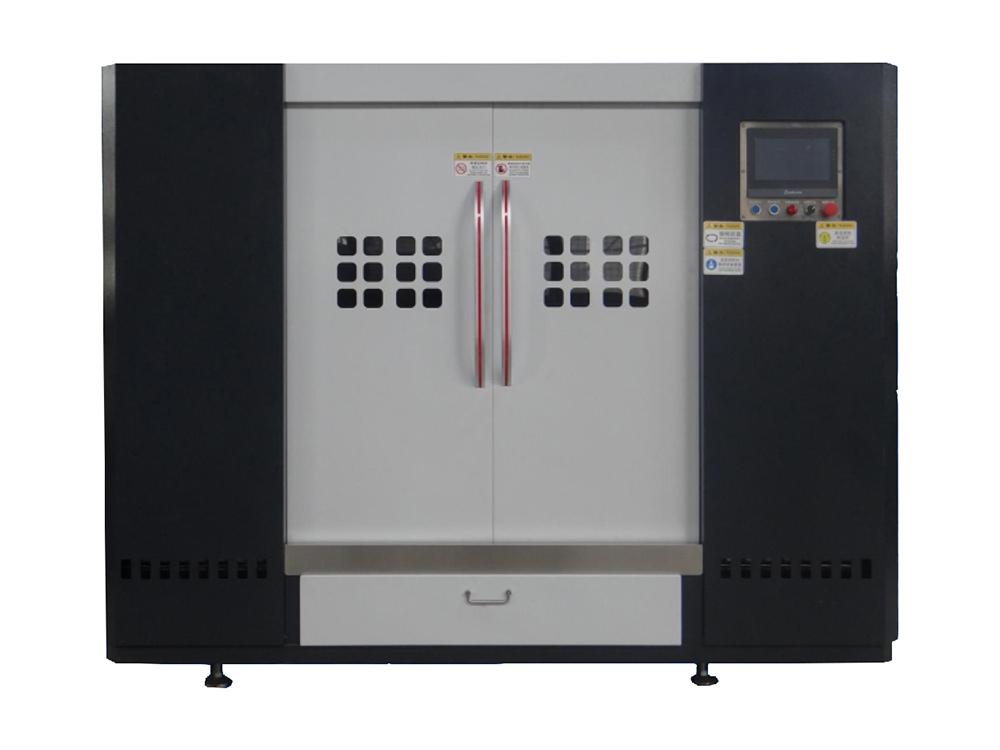
# Surface Treatment Equipment for Industrial Applications
## Introduction to Surface Treatment Equipment
Surface treatment equipment plays a crucial role in various industrial applications, enhancing the durability, appearance, and functionality of materials. These specialized machines and systems are designed to modify the surface properties of metals, plastics, and other materials to meet specific requirements.
## Types of Surface Treatment Equipment
### 1. Shot Blasting Machines
Shot blasting equipment uses high-velocity abrasive particles to clean, strengthen, or polish metal surfaces. This process is particularly effective for removing rust, scale, and other contaminants from large metal components.
### 2. Electroplating Systems
Electroplating equipment applies a thin layer of metal coating onto a substrate through electrochemical deposition. This process improves corrosion resistance, enhances appearance, and can provide special surface properties like conductivity or reflectivity.
### 3. Powder Coating Lines
Powder coating systems apply a dry powder that is then cured under heat to form a protective and decorative layer. This environmentally friendly alternative to liquid paint offers excellent durability and a wide range of color options.
### 4. Anodizing Equipment
Anodizing systems create a controlled oxide layer on aluminum and other non-ferrous metals, improving corrosion resistance and allowing for dyeing in various colors. This process is widely used in automotive and architectural applications.
## Key Considerations When Choosing Surface Treatment Equipment
When selecting surface treatment equipment for industrial applications, several factors must be considered:
- Material compatibility
- Production volume requirements
- Desired surface properties
- Environmental regulations
- Energy efficiency
- Maintenance requirements
## Benefits of Modern Surface Treatment Equipment
Improved Efficiency
Contemporary surface treatment systems incorporate automation and advanced control systems to maximize throughput while minimizing waste and energy consumption.
Enhanced Quality Control
Modern equipment often includes integrated monitoring systems that ensure consistent treatment quality and allow for precise process adjustments.
Environmental Compliance
Newer surface treatment technologies are designed to meet stringent environmental regulations, reducing hazardous emissions and waste generation.
## Future Trends in Surface Treatment Technology
The surface treatment equipment industry continues to evolve with several emerging trends:
- Development of more sustainable and eco-friendly processes
- Integration of IoT and smart monitoring capabilities
- Advancements in nanotechnology applications
- Increased automation and robotics integration
- Development of multi-functional surface treatments
Keyword: Surface treatment equipment
## Conclusion
Surface treatment equipment remains essential for countless industrial applications, offering solutions for material protection, functional enhancement, and aesthetic improvement. As technology advances, these systems continue to become more efficient, precise, and environmentally friendly, meeting the evolving needs of modern manufacturing.